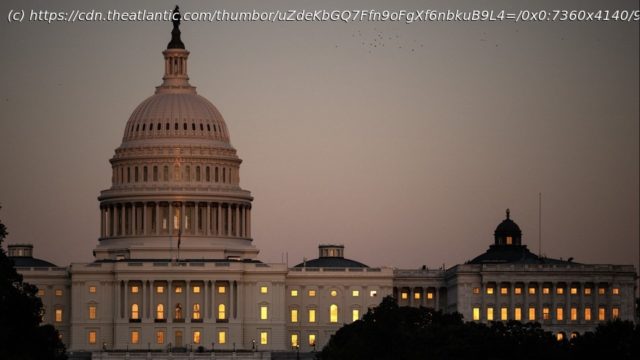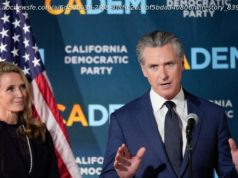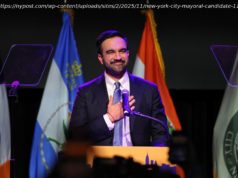Will he give a 19th-century law another look?
President Donald Trump’s theory of executive power does not lend much weight to the views of his predecessors—especially those who happen to be Democrats. But as the government shutdown enters its second month, Trump is showing an odd degree of respect for legal guidance first adopted under a president he has mocked: Jimmy Carter.
Government shutdowns are a relatively modern phenomenon. For most of America’s nearly 250-year history, a lapse in congressional appropriations forced federal agencies to limit their spending, but not to close entirely. That changed only under Carter. In 1980, his attorney general, Benjamin Civiletti, wrote a memo in which he argued that according to federal law, the government could not operate once funding bills expired. The era of shutdowns had begun, and from that point on, legislative impasses over spending have put hundreds of thousands of federal employees out of work and reduced government services for millions more.
The way the United States handles these spending gaps—deeming many workers essential while furloughing the rest—is unusual, Philip Wallach, a senior fellow at the American Enterprise Institute who studies the separation of powers, told me. “It’s a very strange practice,” he said. “It’s not like shutdowns are a feature of governments everywhere.”
Not even Civiletti realized how significant his memo would become. “I couldn’t have ever imagined these shutdowns would last this long of a time and would be used as a political gambit,” he told The in 2019, in the midst of what was then the longest shutdown in U.S. history. He said his opinion “has been used in ways that were not imagined at the time.” (Civiletti died in 2022.)
For the past 45 years, presidents in both parties have adhered to Civiletti’s interpretation of the Antideficiency Act, the 19th-century law that governs federal spending. But Trump could take a different view. His administration “could come up with a revised interpretation of the Antideficiency Act that’s totally reasonable,” Matthew Glassman, a senior fellow at Georgetown University and a former congressional-appropriations aide, told me.
Indeed, it’s easy to see how Trump might warm to an idea that would free him to unilaterally end the shutdown without making concessions to Democrats.






